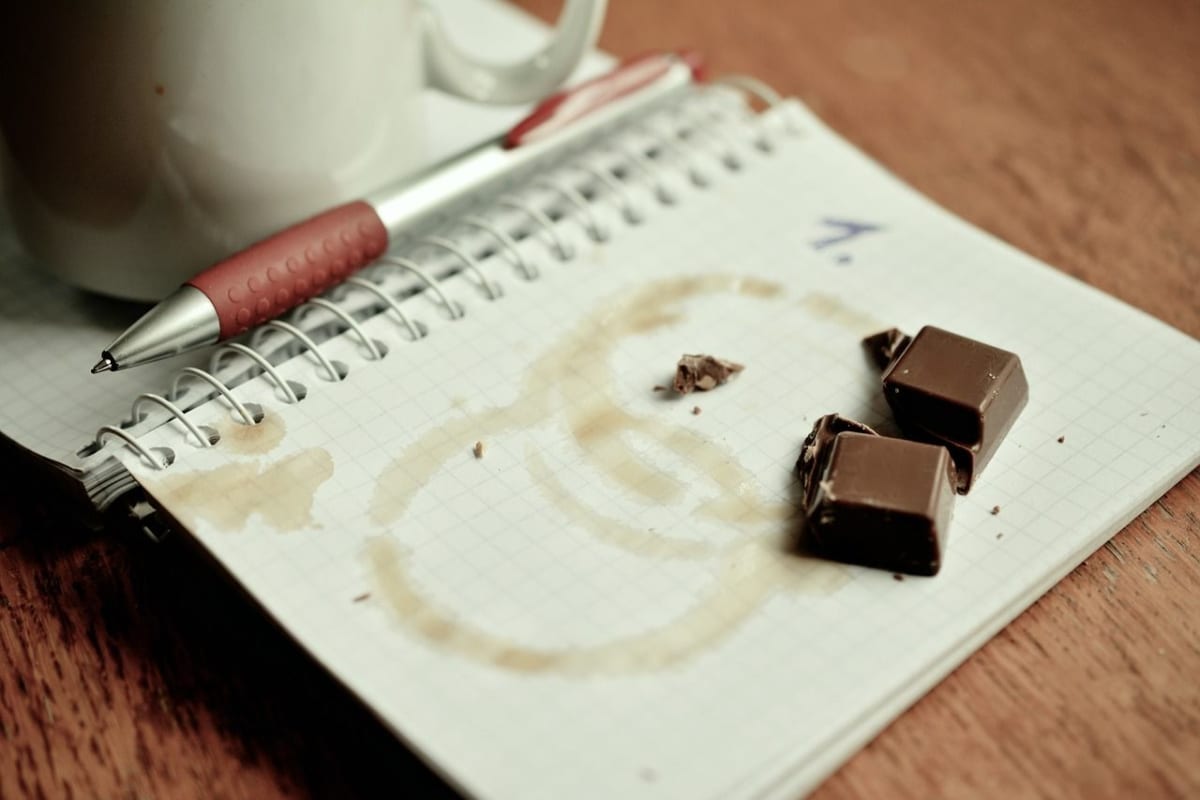
People are often surprised to hear that there is no legal obligation to use a funeral director. While most people do engage a funeral director to handle the practicalities of burial and cremation in their time of grief, there is growing momentum behind the ‘DIY Funeral’ movement. The idea behind a DIY funeral is that by taking care of funeral arrangements by yourself, you can end up with a far cheaper and oftentimes more meaningful, personal and memorable funeral experience.
We wanted to discover the perspective of a funeral industry outsider as they try to work out how to go about arranging a funeral on their own, without the expertise afforded by a funeral director. And so we contacted Talya, who blogs at Motherhood the Real Deal to see how she would find the experience of arranging a hypothetical DIY funeral. We then asked our friends at the Natural Death Centre, a charitable organisation that promotes choice and transparency within the funeral industry to comment on how Talya got along. Rosie Inman-Cook’s perspective can be found at the end of the article.
Not keen for a DIY? Find and contact your local funeral director here.

The Brief
Your friend passed away last night at home and has left no surviving relatives or instructions for their funeral. They lived five minutes away from you.
They were a very environmentally conscious person, happiest when they were outside in nature. They were a conservationist at heart, and spent much of their free time campaigning for environmental causes. This was their raison d’être.
They had a small but very close and tightly knit group of around 50 friends, all of whom are local.
Your total available budget is £2,500.
Day One
Called around various parties today. The most important thing first – to organise body storage. As I’m going to be doing a DIY funeral I need to find someone who will do body storage and collection alone but calling around I realise it’s not so easy. Many funeral directors do not offer this service alone and I got quite a cold response from many. Eventually I found a more receptive and open-minded list of funeral directors on the Natural Death Centre website and after calling around quite a few I found one who was able to offer this service: Poppy’s Funerals. They were a much nicer bunch to speak to!
Because my budget is tight I want to try and only have the body stored for seven nights and arrange the funeral as quickly as possible, though Poppy’s Funerals didn’t give me an impression of urgency.
Poppy’s Funerals also gave me a lot of information over the phone about what else I need to do. They agreed to supply me with an eco-friendly and modestly priced cardboard coffin at £340. A coffin is required for a cremation. Next up, I need to arrange for two doctors to sign the death certificate, which comes in at £164. This is a legal requirement and I can’t avoid it. I’m burning through this budget pretty quickly…
Editor’s note: Poppy’s Funerals offer an ‘A to B’ service, which costs £750 and includes collection, storage and a coffin for families organising a DIY funeral.
I know my friend would have really wanted to be buried in our local cemetery but they don’t have any spaces for coffin plots – only for cremation. I’ve been doing a lot of research and have found out that cremation is actually not that environmentally friendly, but with this being the only option in our local cemetery I’m going to try and offset this by building in other environmentally factors into the burial. Found out that the total cost of a cremation including flowers, cremation, minister fees, cremation certificates and the coffin itself is likely to come in at around £2,750, which is over budget.
Next, I called our local burial ground in Hampton to see if they have any plots available. They also only have plots in the cremated remains area. Need to book an appointment with a member of staff to arrange to view and select the plot. The rates for purchasing a space for a resident of the borough are £905 and then £352 to place ashes. I also need to fill in an application form for the above to happen plus arrange with a third-party company to put the inscription on the plaque. It already feels like there is so much to do. For some reason I did feel a little odd when I told them that I was organising a DIY funeral…there was a definite pause like I had said something very strange but I don’t know if this was my imagination or not. It also made me question whether I was doing the right thing or whether what I was undertaking as a DIY funeral was totally mad.
Called around catering companies. I know she would have wanted something simple but using locally sourced ingredients but found it hard to find a company who didn’t want to charge the moon and stars for that! Finally found one who would be able to cater for the 50 guests for £300 to fit that bill but to be honest on such a tight budget I think I am going to skip the catering all together and in true spirit of a DIY funeral, cater it myself from ASDA and ask guests to BYO.
Cost at the end of day one:
Body storage: £315 (factored in seven nights)
Body collection: £380
Death certificate: £164
Cremation (incl. coffin): £2,750
Total cost: £3,609

Day Two
Spent the day looking around for eco-friendly funeral ideas. I know they really would have loved the idea of a Bio Urn which is biodegradable and has a tree seed inside it so once buried the tree begins to grow and then the urn eventually decomposes and everything eventually just becomes part of the soil. That’s going to be another £120. I’ll also be asking people to travel by public transport or share rides if possible to reduce the carbon footprint of the burial that way and to skip the flowers but instead make a donation in their memory to Greenpeace.
Costs at the end of day two:
Body storage: £315
Body collection: £380
Death certificate: £164
Cremation (incl. coffin): £2,750
Cremation plot & placement of ashes (inc. urn): £1,377
Total cost: £4,986
This is way over budget. I need to bring the costs down and I’m not sure how.
Day Three
Not feeling right about this so did some more online research and discovered that there is such a thing as a Natural Burial Ground which is a more eco-friendly form of burial, and which my friend would have loved the idea of. The Natural Death Centre have a handy list of these on their site. I called one close to us in East Sheen but it’s already full. There is a second one not too far away in Twickenham which would be perfect as it’s actually even closer and they have space. I would need to go through the same process of filling in an application form and picking a plot. The costs involved for the purchasing of a lawn grave are £2,702 plus £1,238 for the burial fee. I felt a lot more comfortable speaking to the office there. They definitely seemed more welcoming and like they were more used to people approaching them who were doing a DIY funeral, but I was surprised that they didn’t seem to offer any particular advice or encouragement all the same.
The new costs at the end of day three are looking like this:
Body storage: £315
Body collection: £380
Death certificate: £164
Coffin: £340
Lawn grave: £2,702
Burial fee: £1,238
Total cost: £5,139
I had thought that a burial in a natural burial ground would be less expensive, but looking at the cost of this I can’t believe that it turns out to be almost the same in my area as a cremation, if not more! I’m starting to realise that I need to make some serious changes to be within budget so having looked on the internet further I’m now considering a direct cremation and scattering the ashes.
Day Four
I called our local crematorium and asked about costs for direct cremation, and a little more detail on how this will work. They were a little taken aback by the fact that I was not a funeral director and asked if I was sure that I wanted to do this myself. Eventually they gave me a quote of £490 and told me that I would need to take the body to them after 7pm in a week’s time, as this was their next available slot. I will also need to fill in another lot of paperwork.
In terms of transporting the body to and from the crematorium I’ve asked a mutual friend who has a camper van whether they would assist with this and they have agreed – my friend loved to go campervanning so this is a really nice touch. I gave Poppy’s Funerals a quick call and they were happy to store the body for an extra four days.
Now that I’m considering scattering, I have found a service where you can scatter the ashes directly onto the River Thames in a biodegradable urn. The Scattering Ashes website was so useful and provided me with all the information I needed to know about how to organise a water ceremony and even recommends a skipper to provide the service. I gave them a call and they were so receptive and helpful, it really felt right. The boat can accommodate up to 40 people and there are various types of passenger boats on offer and the scattering ‘trip’ will take 45 minutes in total. It will mean I have to be a little tighter on guest numbers but it will be well worth it in the end. The costs for going down this route are:
Body collection: £380
Body Storage: £495 (factored in 11 nights)
Death certificate: £164
Coffin: £340
Cremation: £490
Skipper: £150
Total cost = £2,094
Perfect. I have found the send-off that would be perfect for my friend and is also under budget and far less expensive than the other routes I explored! It took lots of research, back tracking and some strange attitudes along the way and going round in circles and it was really quite stressful at times trying to navigate the murky and confusing waters of the funeral world! Not to mention that it was disheartening, but I finally got there and managed to reduce the cost of the funeral significantly which I’m really happy about, and without compromising on how they would have liked to be sent off. This also give me scope to bring the caterer back in at an additional £300 or to potentially get a bigger boat to fit in the additional 10 people for the scattering ceremony.
Rosie Inman-Cook, Natural Death Centre, writes:
It is understandably difficult at a time of grief for people to shop around and haggle, but with a little more research I think you could have found better deals for body collection and storage, as well as for the coffin.
The reason why you were getting such high quotes from natural burial grounds is because you were calling council owned ones. The average natural burial ground in the UK on our database is £1,000 all inclusive. They are often happy to guide and support families through the process of a DIY funeral – it happens all the time that they will turn up with a body in the back of an estate car or van. Furthermore, natural burial is a far more ‘green’ funeral choice than cremation.
It’s also worth noting that for burial, you don’t need to pay the doctor’s fee of £164 – this is only required for cremation.
In the end, it sounds like you’ve created a really touching tribute to your (hypothetical) friend, and left some room in the budget for a grand old party to remember them by, with plenty of fizz for everyone too.
The conclusion from this challenge seems to be that it’s still very difficult for the general public to navigate through the funeral world. Our helpline at the Natural Death Centre is there to give anyone looking to arrange a DIY funeral the advice that they need with regards to what must happen legally, what is an optional extra and what your possible routes could be as you look to arrange the funeral.


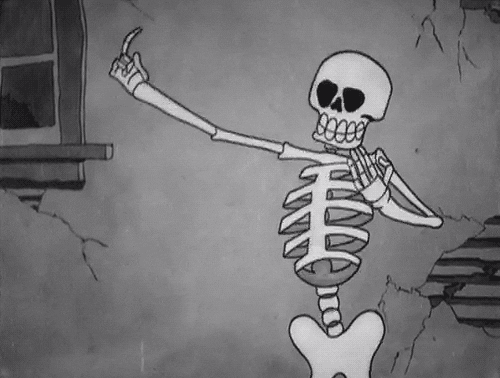



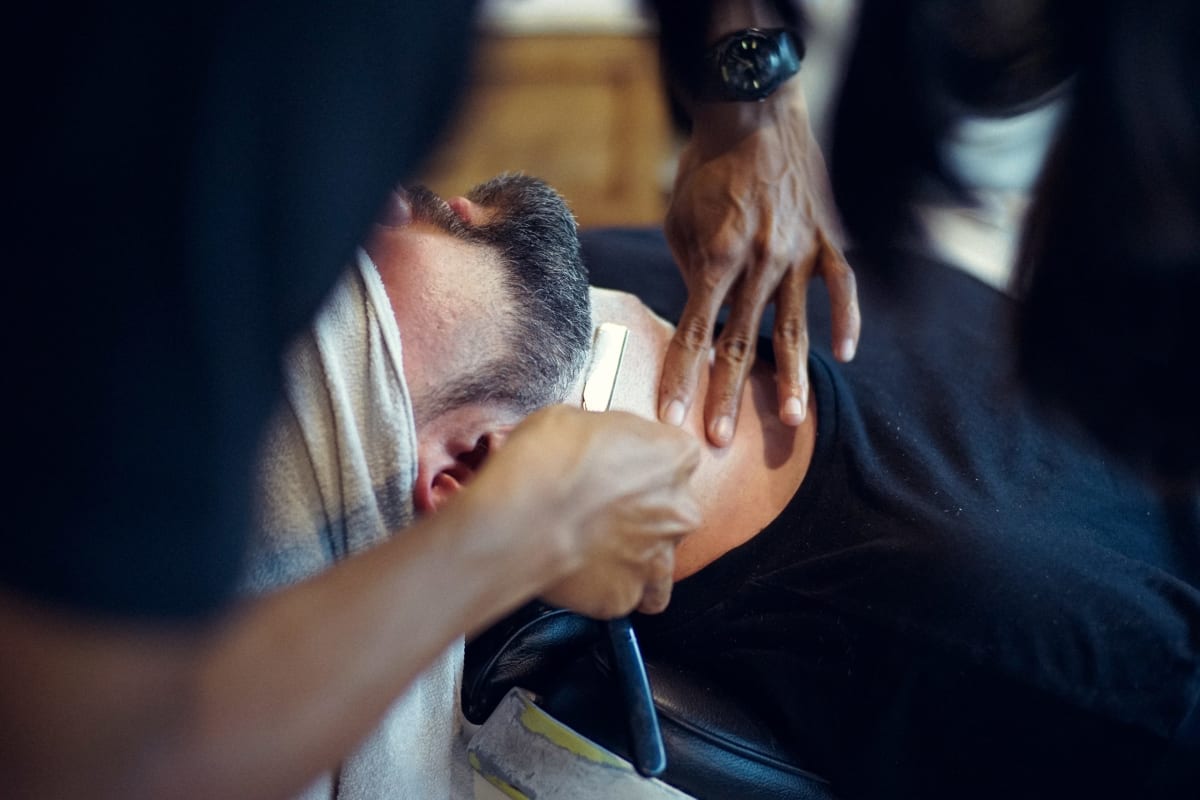
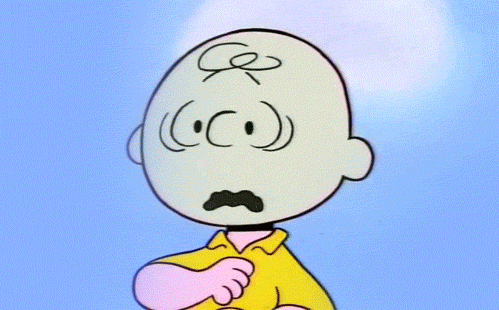


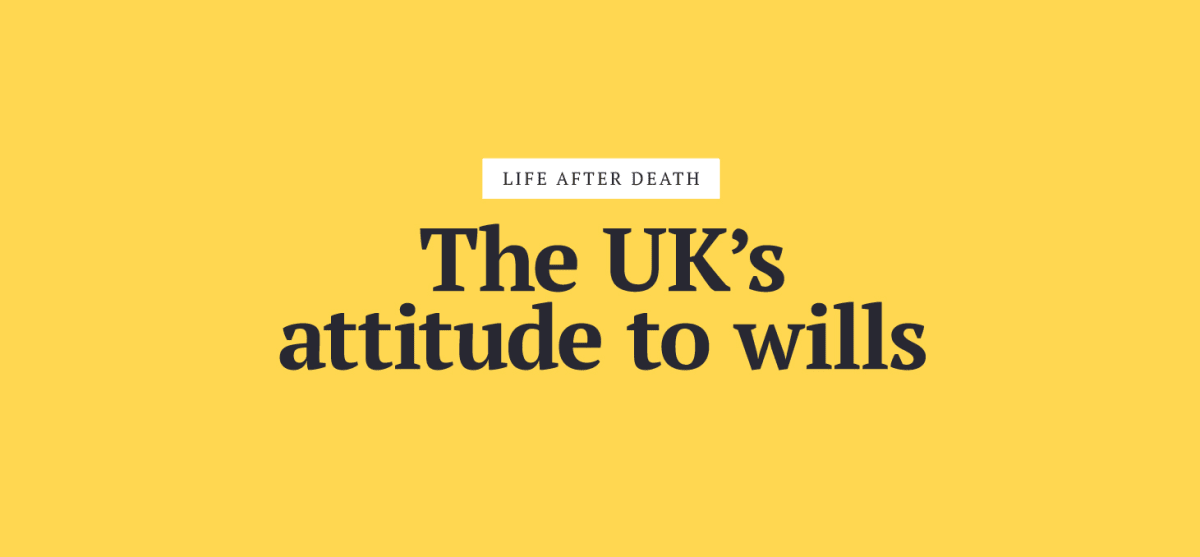

Fascinating article , what a great question to pose, really well worked and great validation too from the lovely Natural Death Centre and good to know that it doesn’t have to cost almost four thousand pound to bury someone!